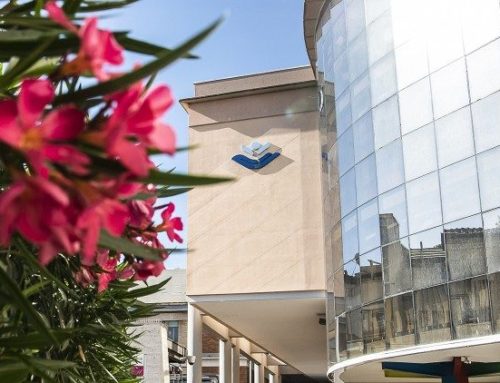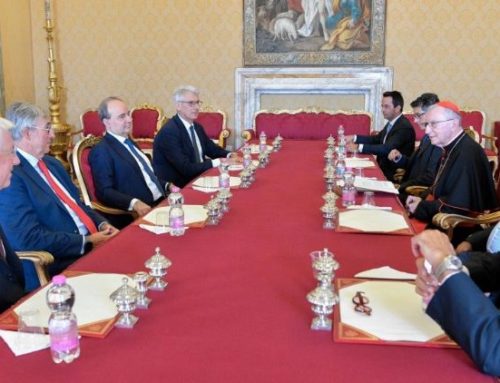(Vatican Radio) A Vatican conference this week aims to show solidarity for persons affected by rare diseases and highlight the plight of poor and vulnerable populations afflicted by neglected diseases, many of whom live in the most remote rural areas of the world.
The conference, hosted by the Pontifical Council for Health Care Workers takes take place from 10 to 12 November, and is entitled “Towards a Culture of Health that is Welcoming and Supportive at the Service of People with Rare and Neglected Pathologies.”
Illustrating the three day event, the Secretary of the Council Monsignor Jean-Marie Mupendawatu, said the conference comes to life within the spirit of the Holy Year of Mercy. He pointed out that thanks to the Church’s 2000 year old mission to serve the sick – which has made it the world’s largest provider of healthcare services – it is in a unique position to be able to offer significant educational, cultural and pastoral responses to the challenges posed by the conference.
Monsignor Mupendawatu said that according to the World Health Organization a disease is considered rare when it affects one out of 2000 people. He said that today there are between 5000 and 8000 pathologies that are defined ‘rare’ and 80% of them are of genetic origin.
Regarding neglected diseases he said they affect some 400 million people, almost half of them children. Most of these, he said, are infectious and are to be found in tropical climates and in areas where people do not have access to clean water and sanitation or health centers. So – he pointed out – they not only pose a medical and clinical challenge, but also cultural and socio-political ones that call for global commitment.
Addressing United Nations officials in Kenya in 2015, Pope Francis spoke of the issue and called for international agreements to be shaped around the needs of the poor: “Certain health issues, like the elimination of malaria and tuberculosis, treatment of so-called orphan diseases, and neglected sectors of tropical medicine, require urgent political attention, above and beyond all other commercial or political interests.”
Monsignor Mupendawatu explained that the Conference will focus on how to expand treatment coverage, advance research and development and ensure the basic rights and dignity of patients. This – he said – also implies better care of the environment in which man lives.
During the three-day event physicians and medical researchers who are specialized in the field of rare and neglected diseases will address participants and some patients will bring their personal witness and reflections.
Pope Francis will receive the more than 5,000 conference participants, patients, and family members at the conclusion of the event in the Paul VI Hall.







